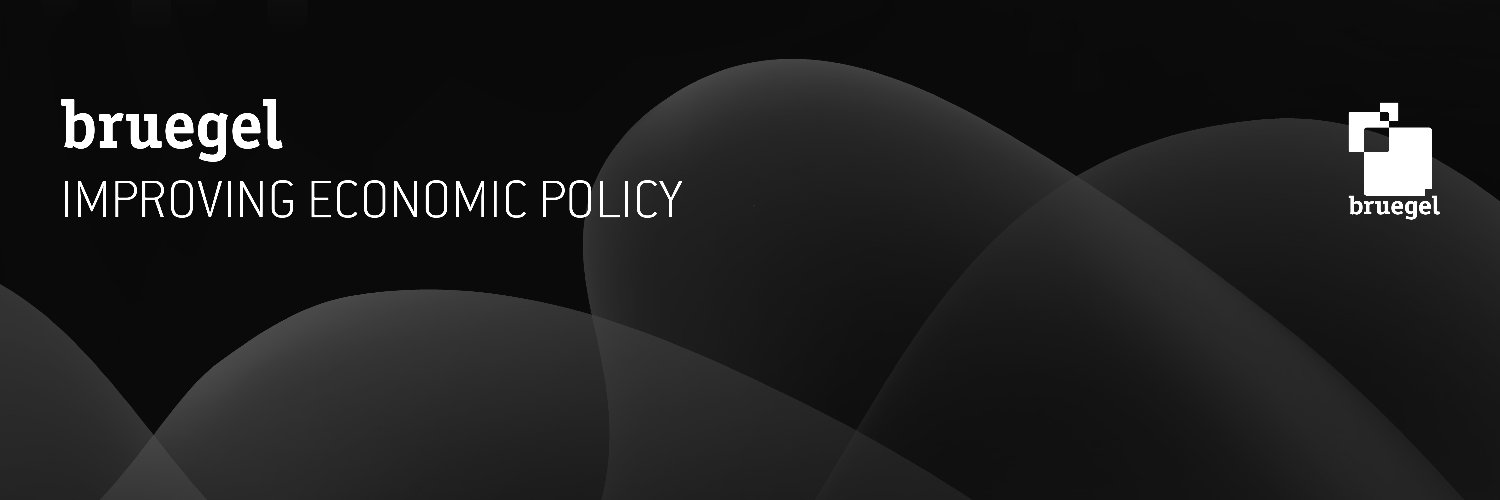
Bruegel
@Bruegel_org
This account is no longer active. Discover & interact with our work at http://www.bruegel.org and our LinkedIn, Bluesky, Youtube and Instagram accounts.
Bruegel’s mission is to help improve economic policy by conducting research and interacting with relevant stakeholders. Social media has given us an opportunity to not only have meaningful exchanges and share knowledge, but also test our innovation. Social media platforms have…
🎙 UN and beyond: China's expanding global role Théo Storella talks about the initiatives shaping China's influence in the United Nations. Listen to the full episode with @Aligarciaherrer, @MoritzRudolf and @ZhanYuyun at this link: bruegel.org/podcast/un-and…
The European Union needs to adapt its emergency funding mechanisms to the increasing number and severity of climate catastrophes. Read the First glance by @Aligarciaherrer & @juanmejino_econ bruegel.org/first-glance/b…
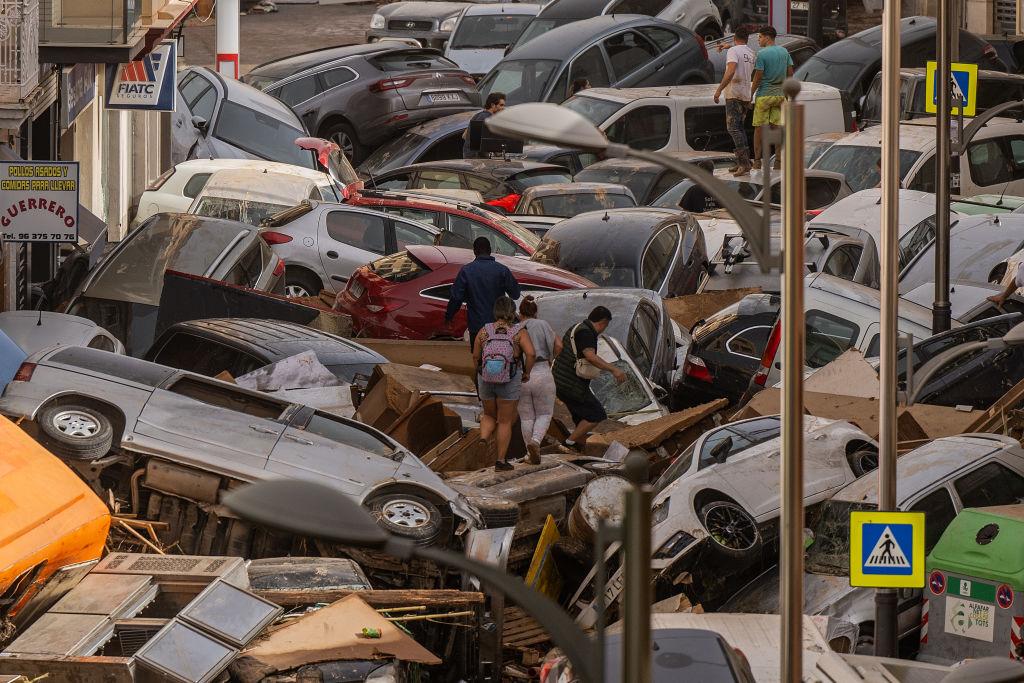
Job vacancy🚨We at @Bruegel_org are looking for a full-time Brussels-based Ph.D. energy and climate economist to join our team. Please apply/spread the word! bruegel.org/careers/energy…
Delighted to be co-hosting this panel debate on UK-EU Cooperation on Energy and Climate: Opportunities and Practical Solutions with @Bruegel_org and @UCL_ISR. Watch the livestream now: ucl.ac.uk/european-insti…
In case you missed it! Listen to the podcast of the #EBRDtr launch! With @Nobel Prize laureate @JosephEStiglitz from @Columbia, @FT's @RanaForoohar, @Bruegel_org's @jzettelmeyer, @BJavorcik @richardporter soundcloud.com/ebrd_fearonomi…
🔍Evidence from an expert survey on European industrial policy A modest experiment by Marie-Sophie Lappe & @FrancescoNicoli shows that a specialised Brussels policy audience broadly agrees with Mario Draghi’s report on EU competitiveness. buff.ly/49cZ2sp
🎙️Closing the loop: the case for a circular EU economy Why moving to a circular economy is essential in the fight against climate change? Listen to the podcast discussion with @rebeccawire @HeatherGrabbe @luca_moffat & @JanezPotocnik22 bruegel.org/podcast/closin…

🇪🇺🇬🇧 Trade policy framework A reset in the relationship between the UK and the EU is underway. @ignaciobercero recommends the main elements of the reset in terms of trade. bruegel.org/policy-brief/t…

📢 EVENT ALERT! 🌍 Geopolitics, trade blocs, and the fragmentation of world commerce 📅 12 December 13:00–14:00 🌐Explore the future of global trade amid growing geopolitical rivalries with: ➡️ @rebeccawire, Senior fellow, Bruegel ➡️ Uri Dadush, Non-resident fellow, Bruegel ➡️…
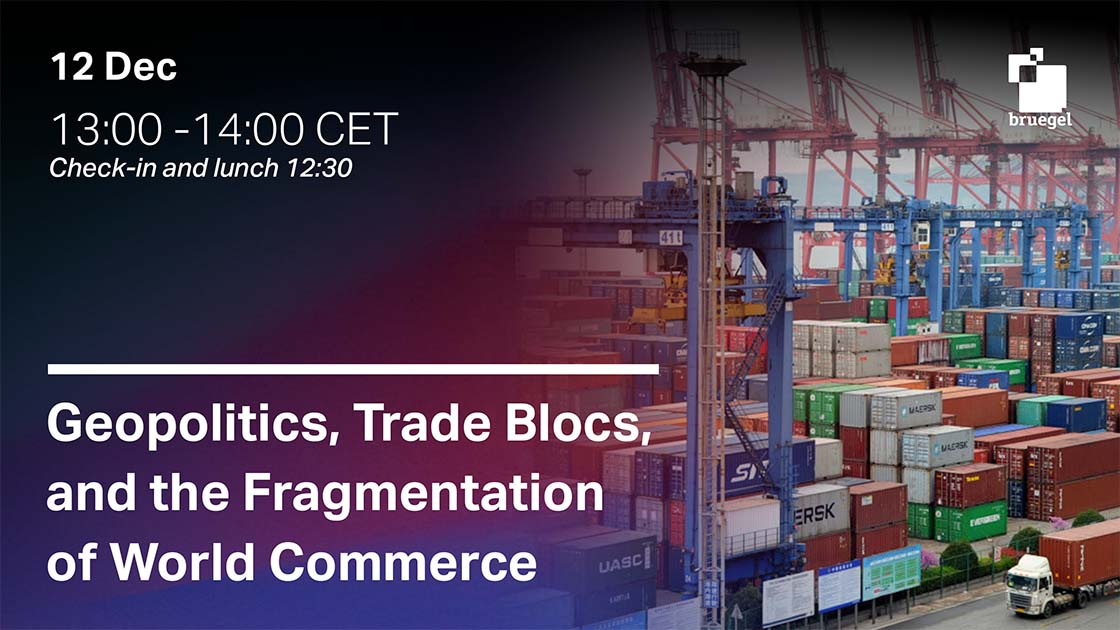
Free carbon allowances for EU industrial companies are being phased out, but inconsistencies remain. Read the analysis by @GSgaravatti. bruegel.org/analysis/how-f…
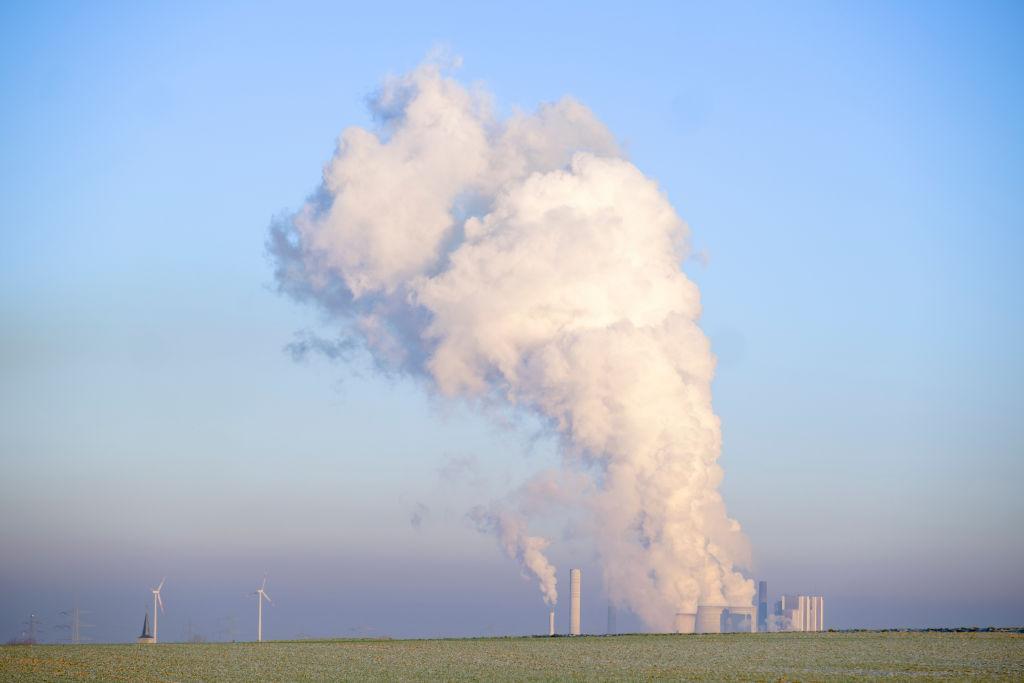
📢 EVENT ALERT! 🛡️ Economic security and the transatlantic agenda after the US presidential elections 📅 11 December 15:00–18:00 💡 Join us to explore the future of transatlantic cooperation and economic security post-election with: ➡️ Daleep Singh, US Deputy National Security…
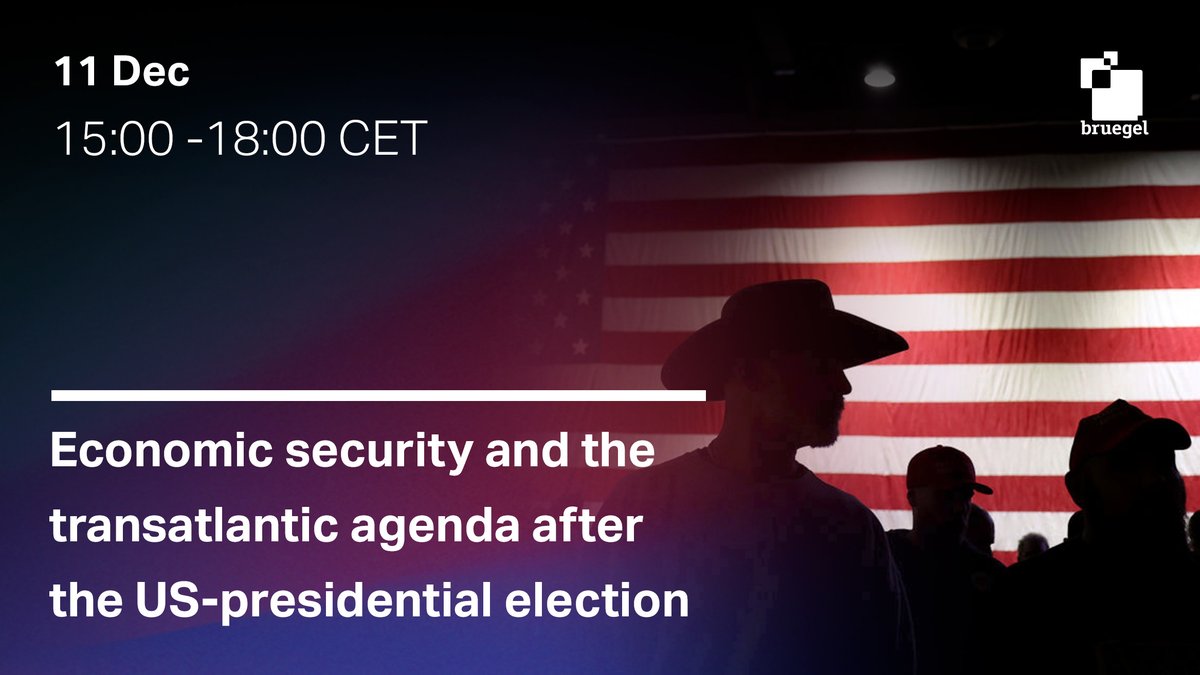
🎙 UN and beyond: China's expanding global role @MoritzRudolf discusses the challenges posed by geopolitical fragmentation and the role of other global actors. Listen to the full episode with @Aligarciaherrer, Théo Storella and @ZhanYuyun at this link: bruegel.org/podcast/un-and…
‼️ DEADLINE TOMORROW ‼️ Are you looking for a paid internship to boost your career? Join Bruegel as the new Press and Communications Intern! Apply here: bruegel.org/careers/press-…
'Failing to stop Russia’s aggression would leave Europe at a critical disadvantage for decades, with a long-term threat to peace in the European Union.' Read the full Policy brief by @GuntramWolff and @juanmejino_econ here⤵️ bruegel.org/policy-brief/e…
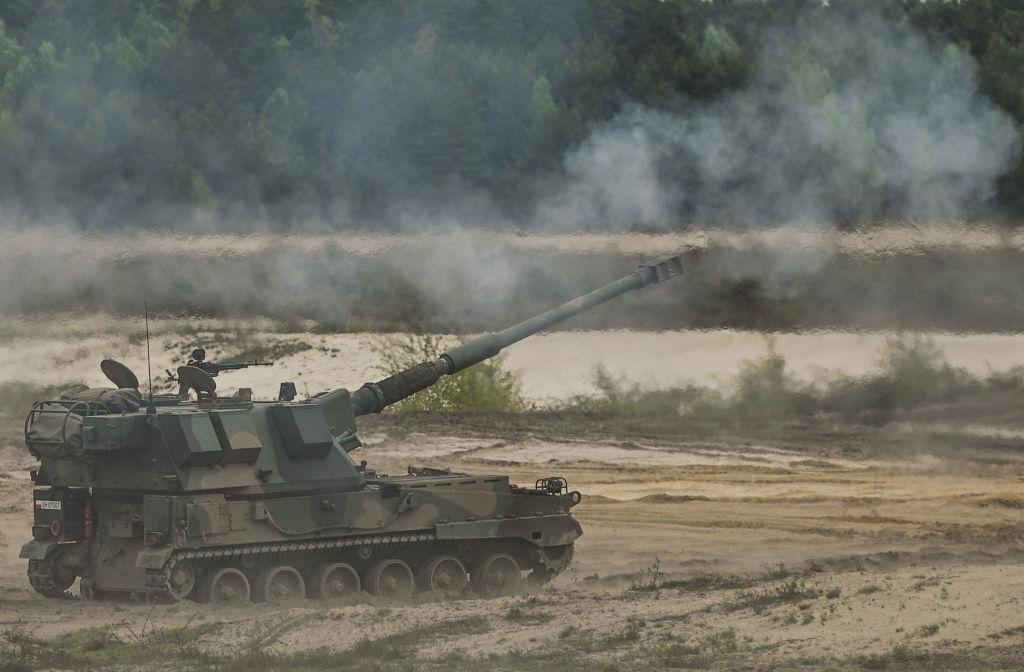
🎙 UN and beyond: China's expanding global role How is China actively positioning itself to influence global governance? Listen to the full episode with @Aligarciaherrer, Théo Storella, @MoritzRudolf and @ZhanYuyun at this link: bruegel.org/podcast/un-and…
The intuition, based on our June 2024 Bruegel Policy brief (bruegel.org/policy-brief/e…) is clear: economic losses from carbon emissions are especially high in countries that are richer, and hence have more to lose.